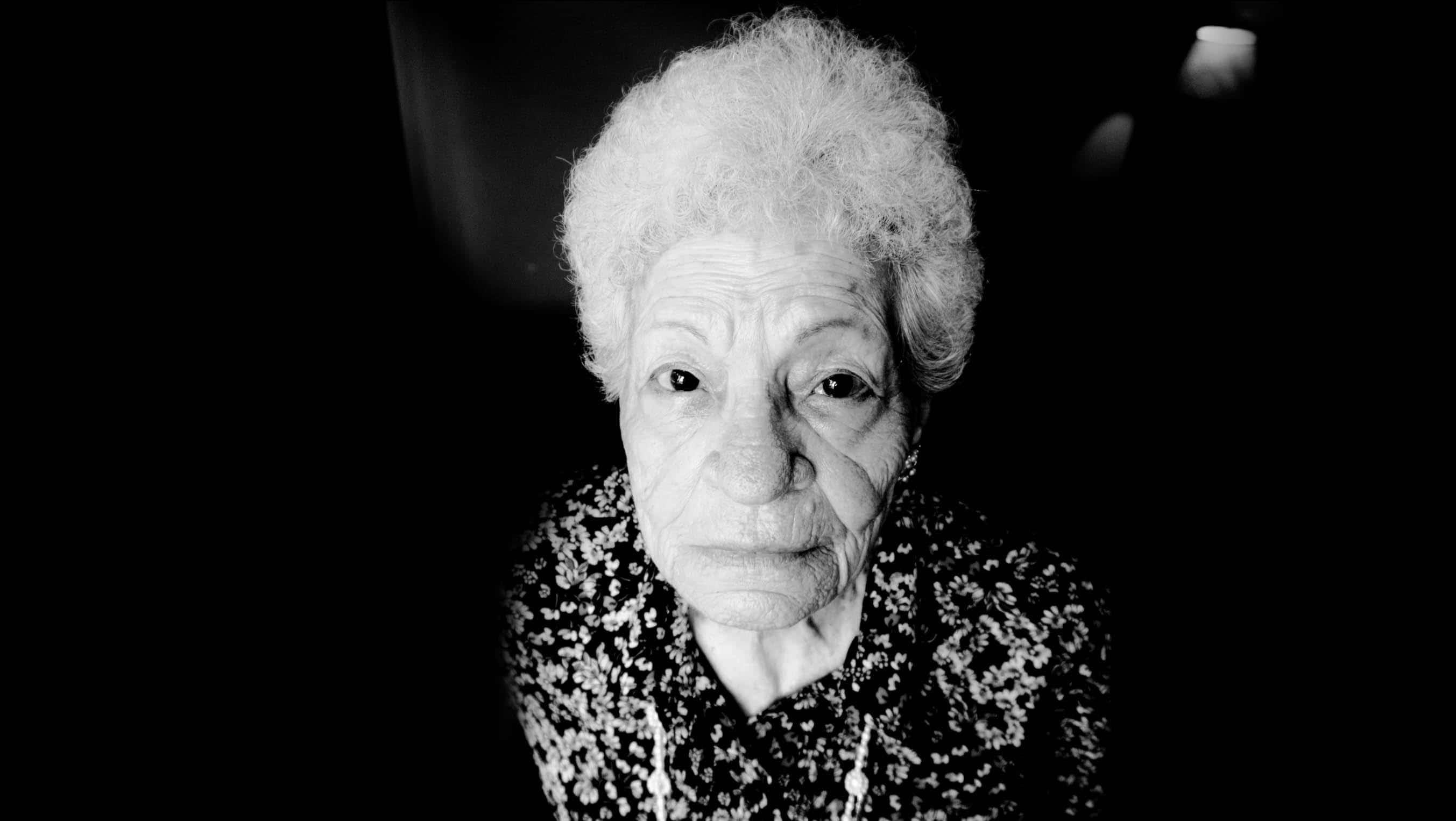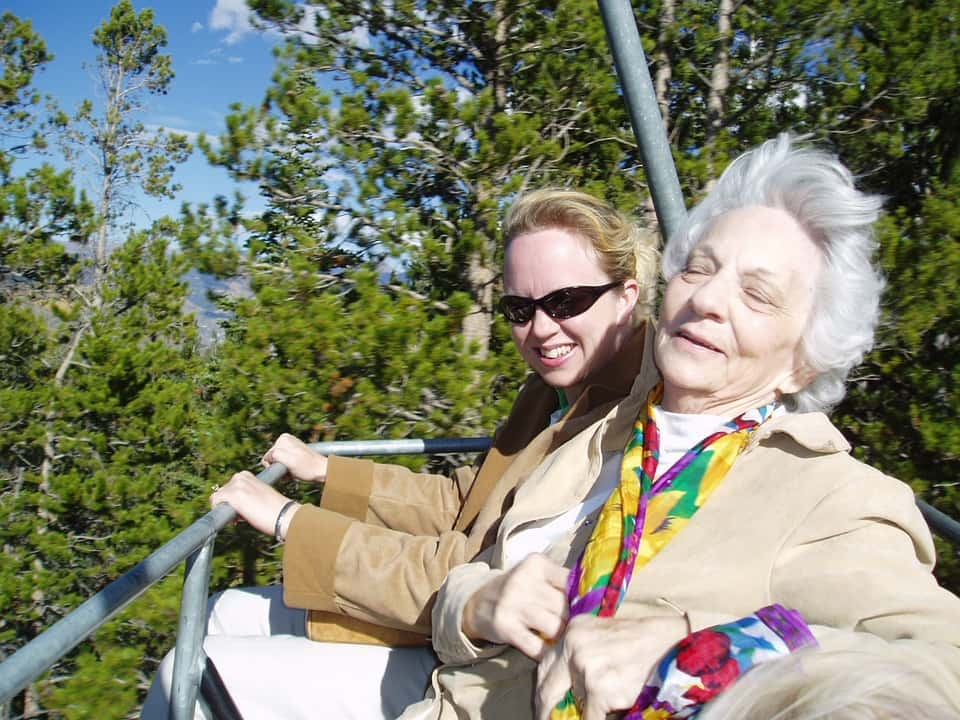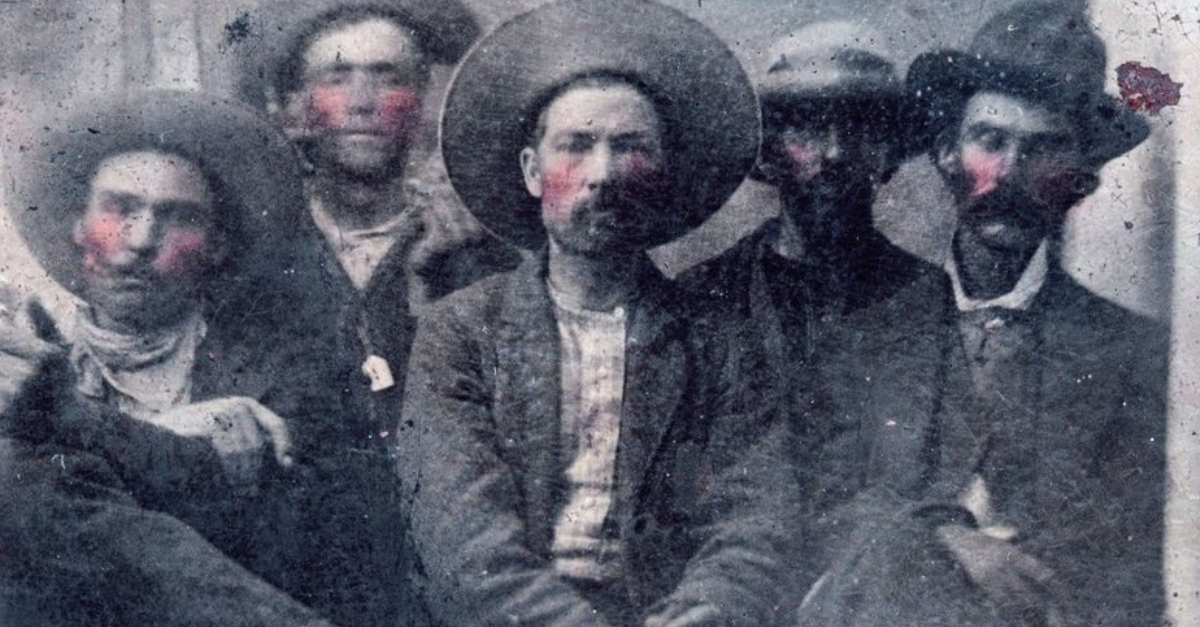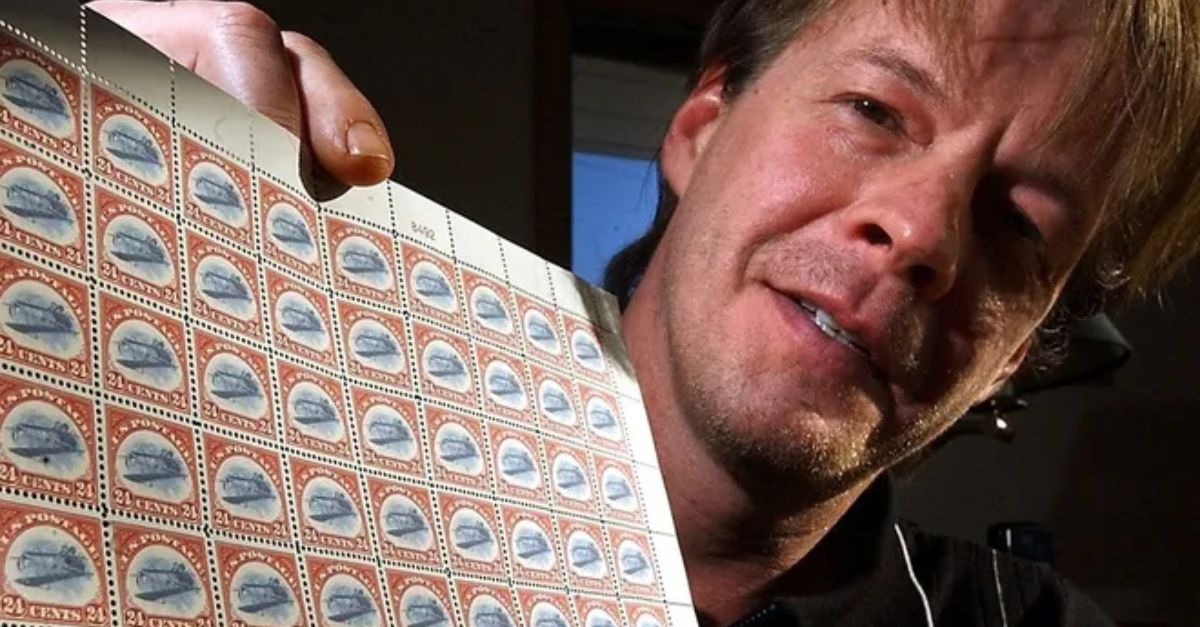You thought you were simply honoring your grandmother’s wishes when she added your name to her house deed. Now that she’s passed, your uncles are accusing you of manipulating her and are threatening legal action. Can they actually sue? More importantly, do they have a legal leg to stand on? The answer lies in the paperwork, timing, and your grandmother’s intentions.
Understanding Joint Ownership And Property Deeds
When someone is added to a property deed, they typically become a joint owner with full or partial rights. If the deed was changed legally while your grandmother was still alive and competent, it likely means you inherited her share automatically upon her death. This process bypasses probate, which is often the very reason many elderly individuals add loved ones to deeds in the first place.
Intentions Versus Execution
Your uncles may claim that your grandmother never “really meant” to give you the house, or that you pressured her into the change. But courts don’t generally deal in verbal intentions—they look at signed legal documents. If your name appears as a joint owner on a valid deed, and there’s no clear proof of coercion or fraud, it will be difficult for them to overturn it.
Was Undue Influence Involved?
One of the main legal strategies in these situations is claiming undue influence. This means one party allegedly manipulated an elderly or vulnerable person into making a financial or legal decision they wouldn’t have made otherwise. If you were a caregiver or held power of attorney, your uncles might argue that your relationship placed you in a position to exploit her trust.
What The Courts Look For
To prove undue influence, your uncles would need to show more than just suspicion or family resentment. Courts examine factors such as the timing of the deed change, whether your grandmother had mental capacity, whether a lawyer was involved, and if there’s a significant deviation from past behavior (e.g., disinheriting multiple children in favor of one grandchild).
Mental Competency Is Critical
If your grandmother was mentally sound when she signed the deed, it strengthens your position. Any contemporaneous evidence—such as a letter from an attorney, doctor, or notary confirming she understood the decision—could be pivotal. On the other hand, if she suffered from dementia or cognitive decline, your uncles might argue she didn’t fully grasp the consequences of her actions.
Timing And Family Dynamics
If the deed was changed shortly before her death, it can raise red flags in court. Judges often scrutinize last-minute changes in estate planning. However, if the change was made years ago and she continued to express that the house should be yours, that continuity supports your claim. Prior strained relationships between your grandmother and your uncles might also explain the decision.
The Role Of Legal Documentation
Properly executed legal documents carry significant weight in court. If your grandmother worked with an estate attorney to make the deed change, and it followed all legal procedures, that’s a strong defense. If it was a DIY deed without witnesses or professional advice, it could open the door to more scrutiny and legal challenges.
Can They Actually Sue You?
Yes, they can file a lawsuit—anyone can. The real question is whether they can win. Suing is expensive and time-consuming, and unless your uncles have compelling evidence of fraud, coercion, or mental incompetency, they’re unlikely to succeed. Many such lawsuits are attempts to scare heirs into settlements or guilt them into sharing the inheritance.
What Should You Do Now?
Consult an estate attorney immediately. Provide all relevant documents, including the deed, medical records, and any communication you had with your grandmother about the home. An attorney can assess the strength of your position and advise you on whether to fight, negotiate, or seek mediation. Avoid directly engaging with your uncles until you have legal counsel.
Emotional Fallout And Family Strain
Regardless of the legal outcome, these situations often damage family relationships beyond repair. Even if the court sides with you, the emotional toll can be heavy. Remember, your grandmother made a choice—likely knowing it could stir resentment. If she gave you the home, she probably did so out of love and trust.
Legal Standing Depends On Documentation, Not Drama
Your uncles may be angry, but the law cares about facts and evidence. If the deed was changed legally, and your grandmother was competent and free from pressure, your ownership is likely valid. Let the documents—and an experienced attorney—speak for you. Family disputes over inheritance are painful, but knowing your rights can help protect what’s legally yours.
You May Also Like:
My son makes great money but wants to buy a new truck. How do I convince him it's a bad investment?
Items You May Think You Own But Don't—And What That Means For Your Will
Items Your Grandma May Own That Are Actually Worth Big Bucks











